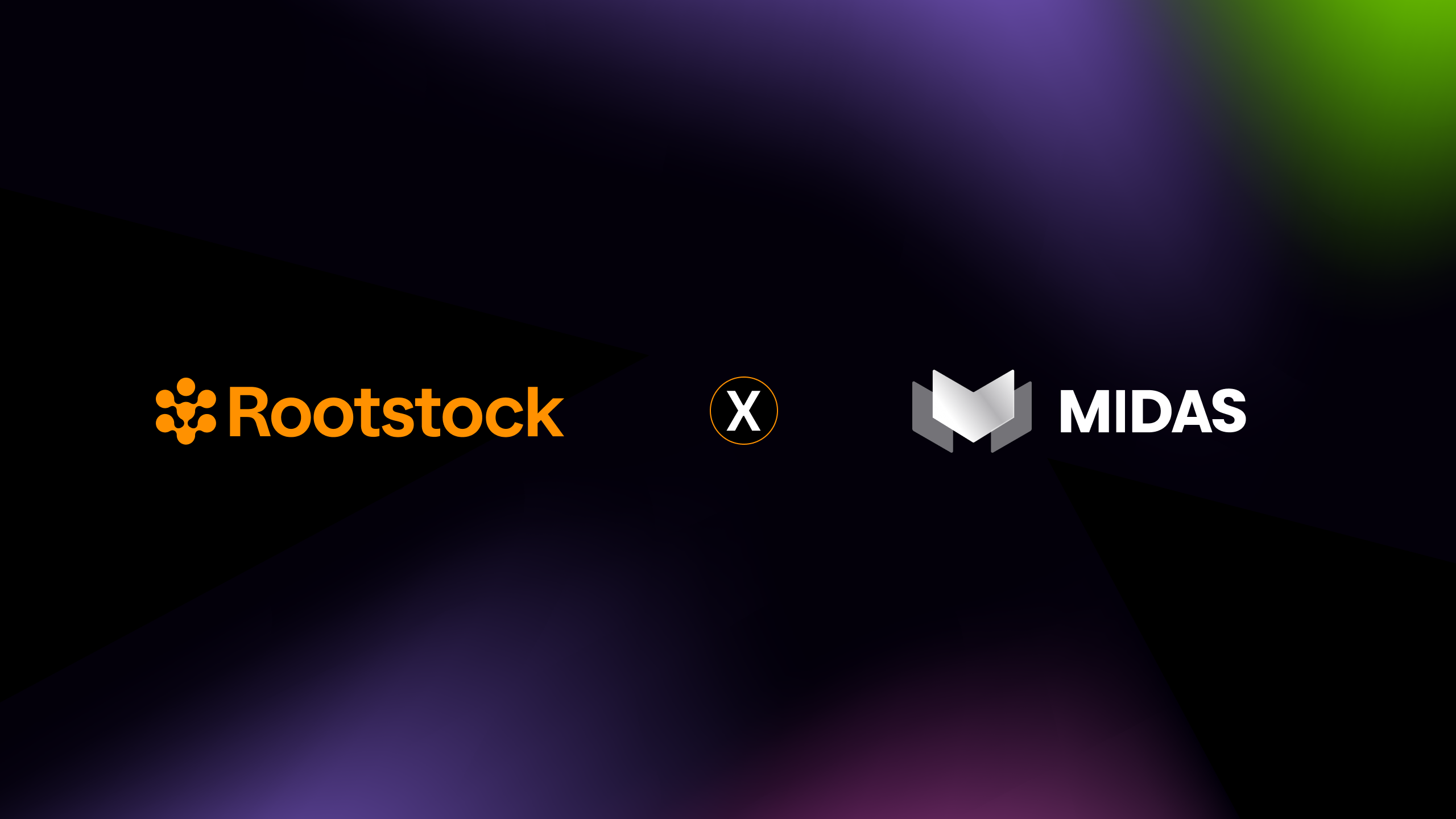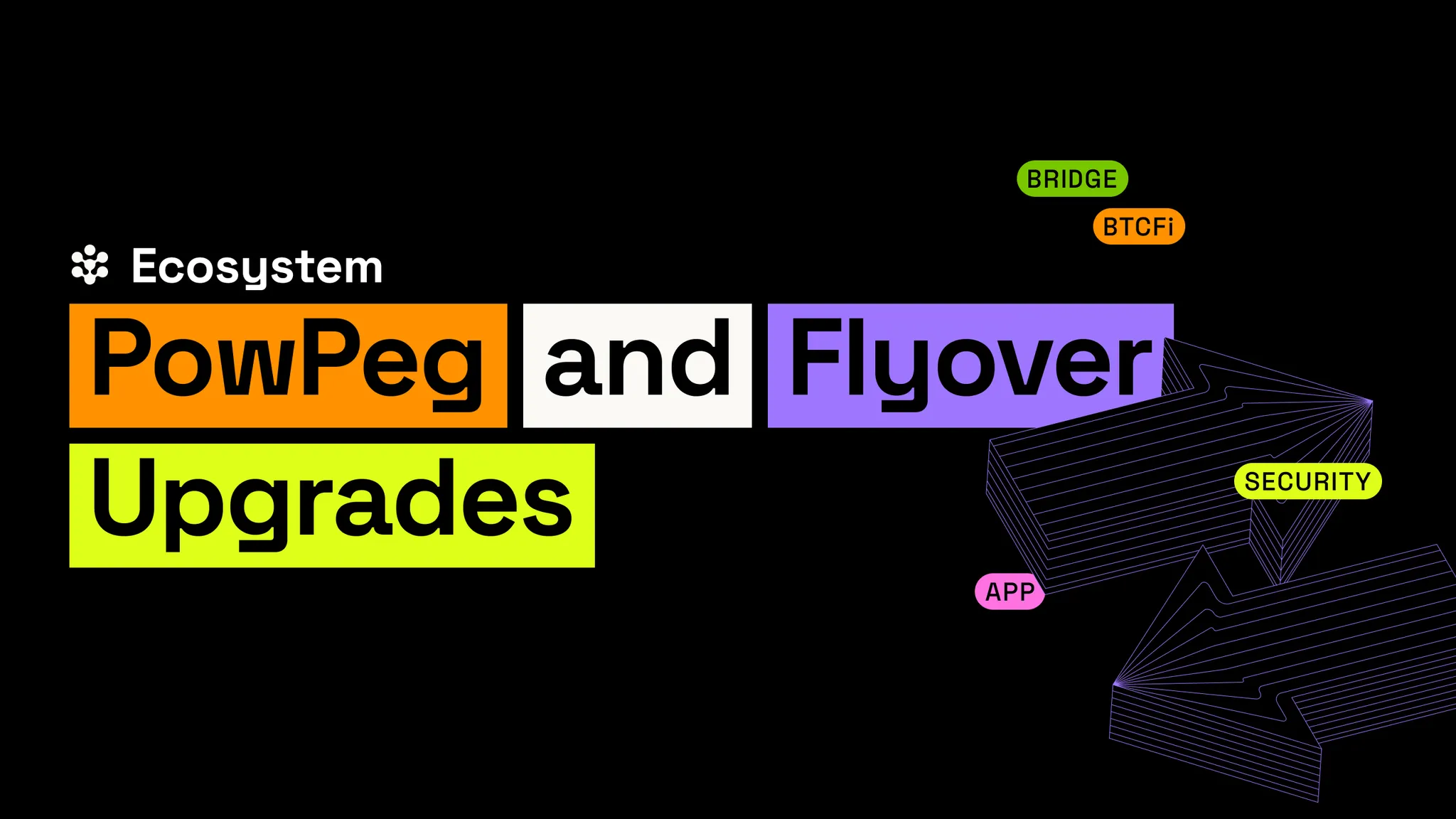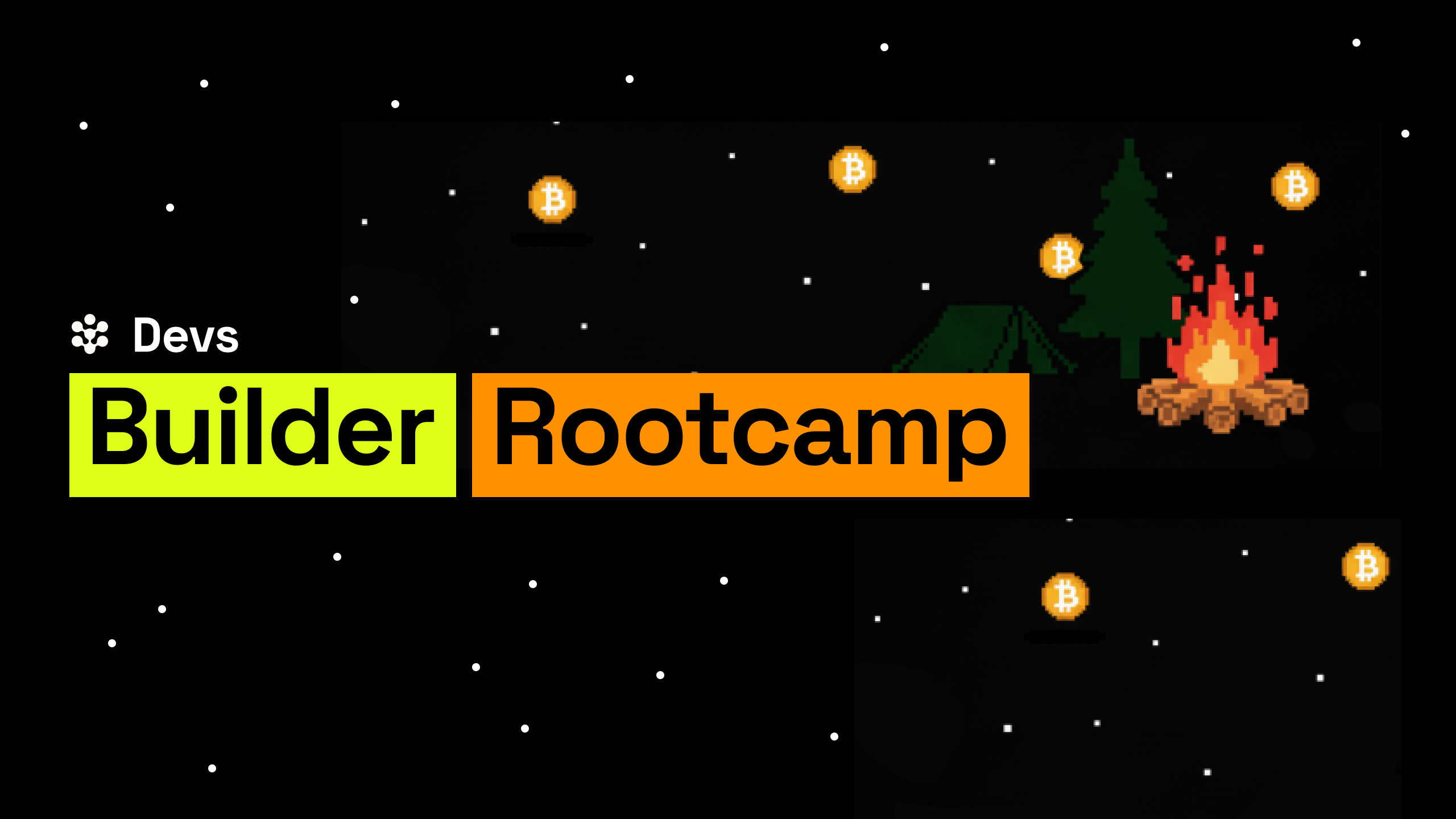We are pleased to announce the release of the latest version of the RSKj client. This version introduces several enhancements, including the experimental Snap Synchronization mode, updates to the Fiat Stable MinGasPrice feature, and improvements to JSON-RPC API compatibility.
⚠️ Although this upgrade is optional, we strongly recommend updating your node to take advantage of the latest performance and security improvements.
🆕 What’s New in RSKj Lovell 7.1.0?
Here’s a summary of the most notable changes in this version:
- Introduced SnapSync, a new fast synchronization mode designed to accelerate node bootstrapping [Experimental].
By @julianlen, @Vovchyk, @asoto-iov, and others in #2233 - Enhanced Fiat Stable MinGasPrice — added support for defining a valid minimum and maximum gas price range.
By @asoto-iov in #2922 - Improved upgrade awareness — added a warning message when a disabled network upgrade is detected.
By @rmoreliovlabs in #3038 - JSON-RPC compatibility — added the mixHash and nonce fields to the block DTO, defaulting to zero for compatibility with Ethereum-based tools.
By @Vovchyk in #2909 and #3135 - RLP validation enhancement — RLP.getNextElementIndex now throws an exception if an invalid pos value is provided.
By @rmoreliovlabs in #3052
You can view the complete list of changes in the associated GitHub milestone.
🔬 Note: Features marked as [Experimental] are disabled by default. These features require further validation or security reviews and may be changed or removed in future releases. If you’re unsure about their implications, we recommend leaving them disabled.
⚡ Introducing the SnapSync protocol
SnapSync is a new experimental feature that allows RSKj nodes to synchronize using a snapshot of the blockchain state, rather than downloading the full history of blocks from genesis. This can significantly reduce the time required to bring a node online, especially as the blockchain continues to grow.
The feature is currently available in experimental mode and is disabled by default. As it is still undergoing validation and security review, its behavior may change or be removed entirely in future releases. We recommend not using this feature if you’re unsure about the implications.
For those interested in testing SnapSync, setup instructions and usage guidelines are available on the Rootstock Developer Portal.
⬆️ How to Upgrade to Version 7.1.0
There are no special steps required for upgrading to Lovell 7.1.0. Simply download and install the new version of the RSKj node.
- SHA-256 Checksum:
1a6168d4f35059b875904b1d50292d0c13c7cce6497c568a15b3c83e00ace701 rskj-core-7.1.0-LOVELL-all.jar
For more details, refer to the Reproducible Builds Guide.
🐛 Reporting Issues
If you encounter any issues while running Lovell 7.1.0, we’d love to hear from you:
🔐 Reporting Security Vulnerabilities
If you discover a security vulnerability, please contact us directly:
- Email: security@rootstocklabs.com
- Submit via the RootstockLabs Bug Bounty Program
We appreciate and reward those who help protect the Rootstock ecosystem.
🙋♂️ Questions or Feedback?
We’re here to help!
- Discord: Rootstock Discord Server
- Telegram: RSK Official Community
- Twitter/X: @rootstock_io
Feel free to reach out with any feedback or suggestions—we’re always listening!


